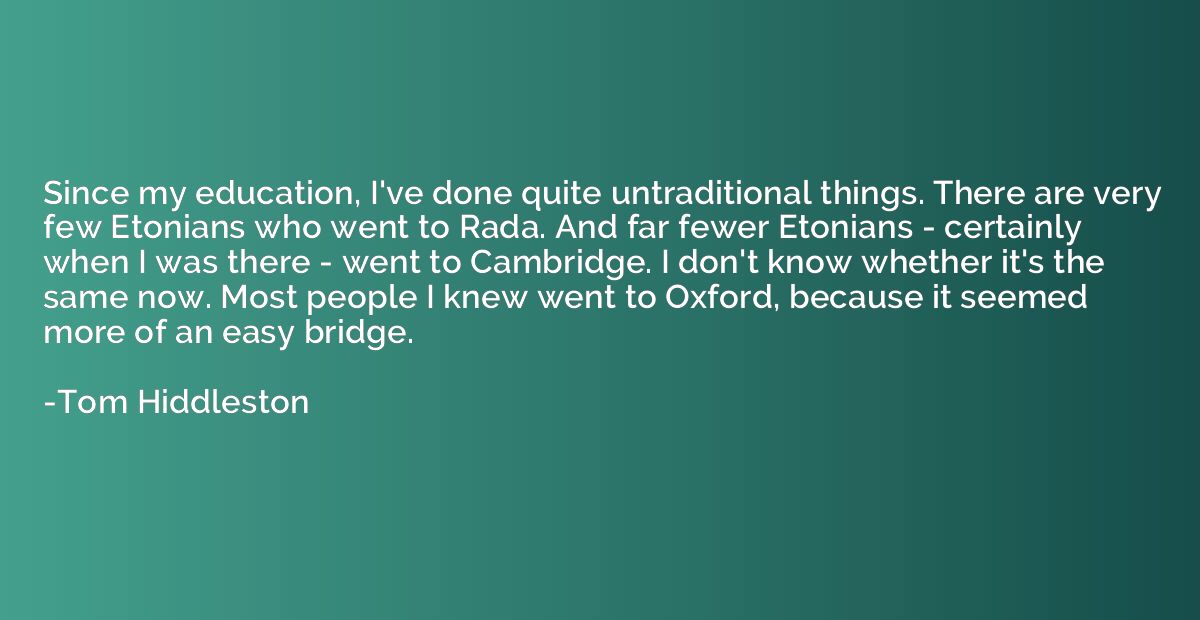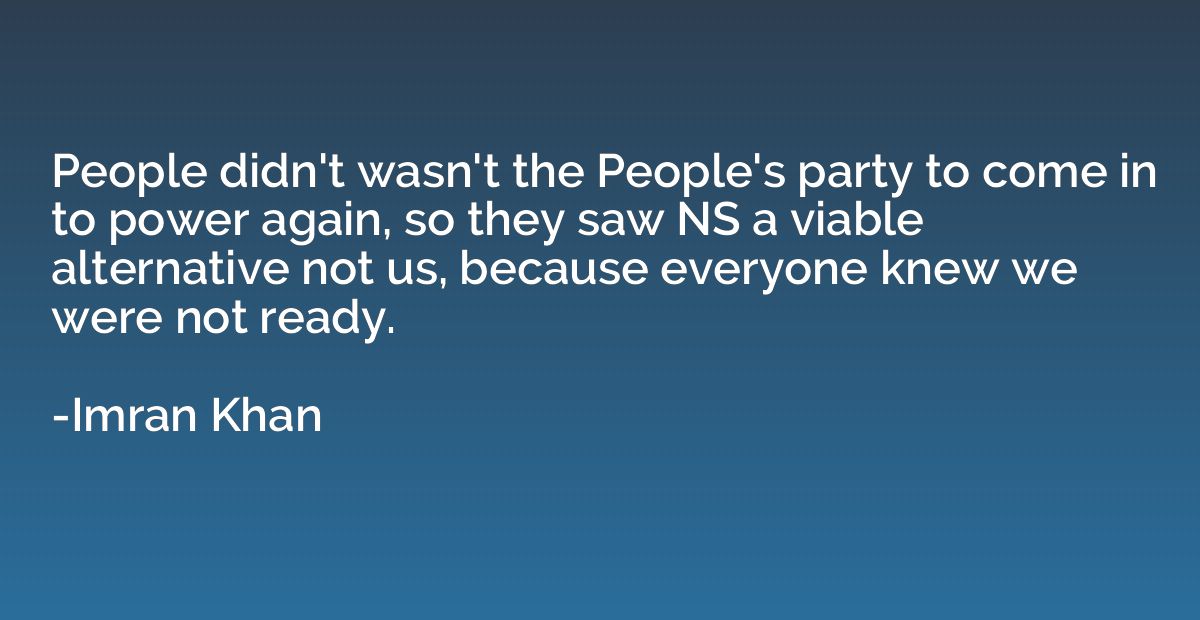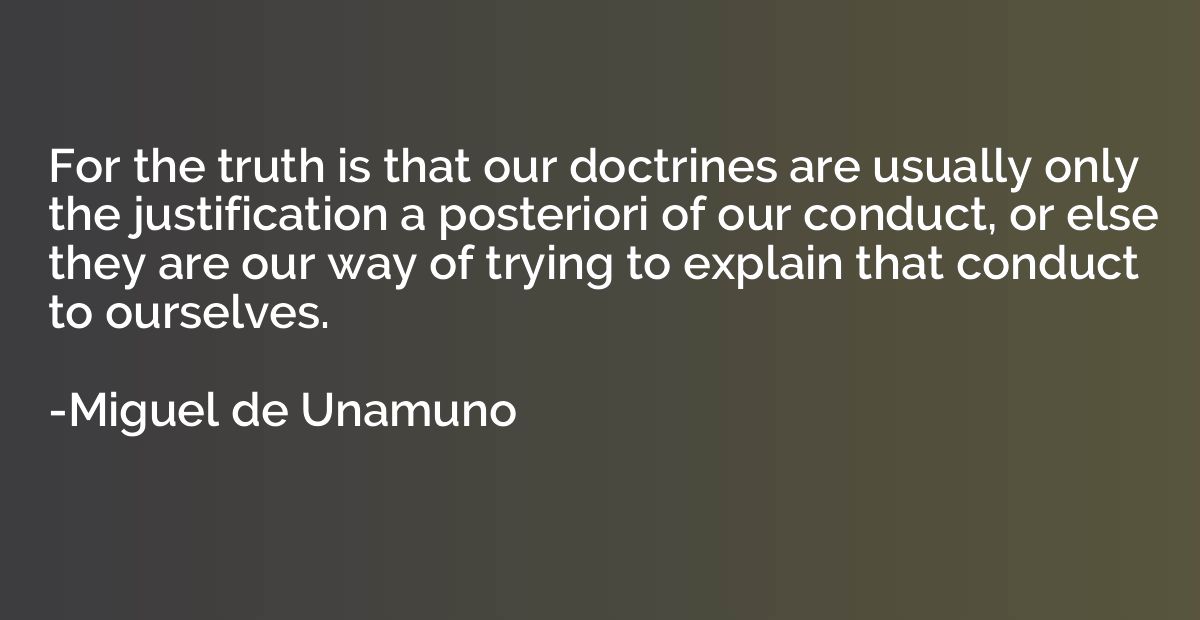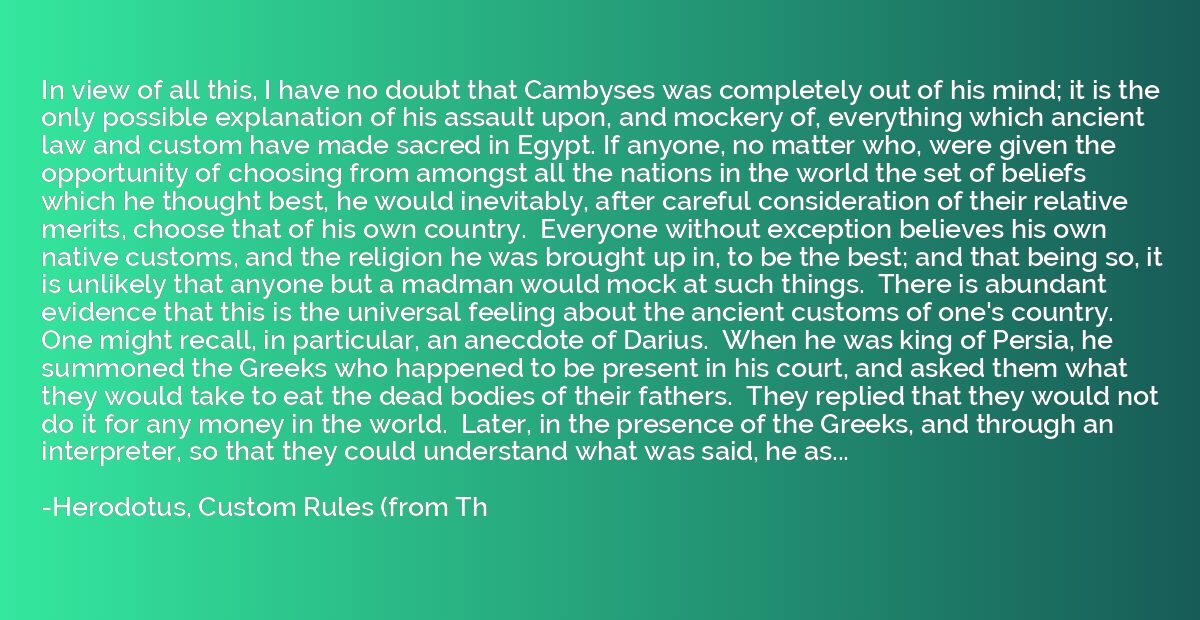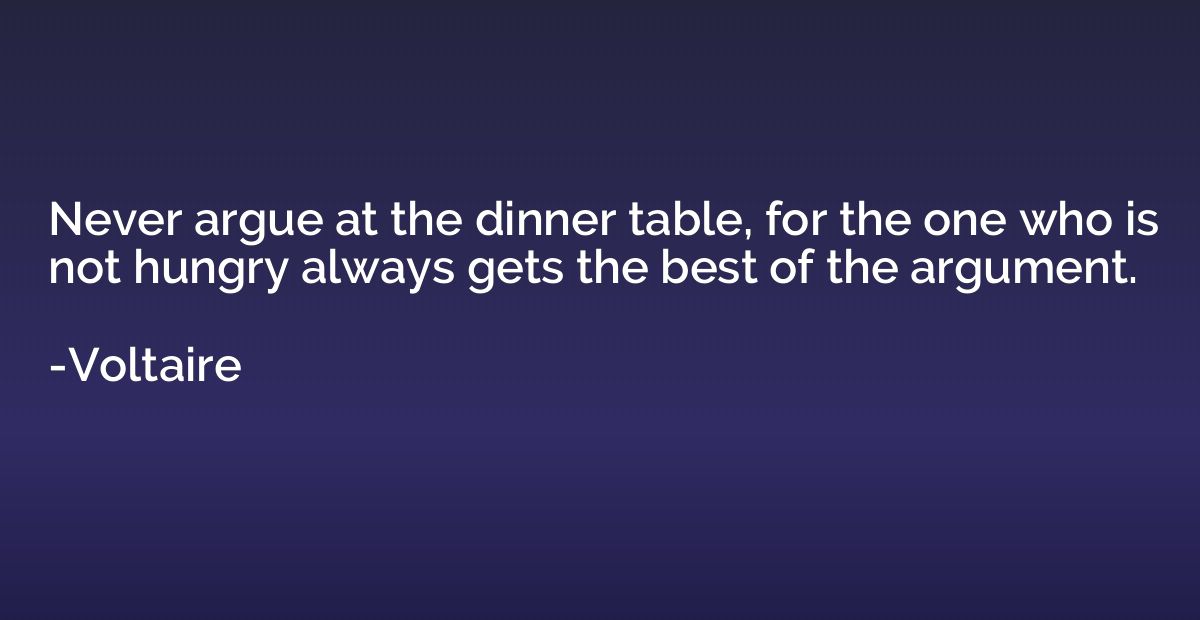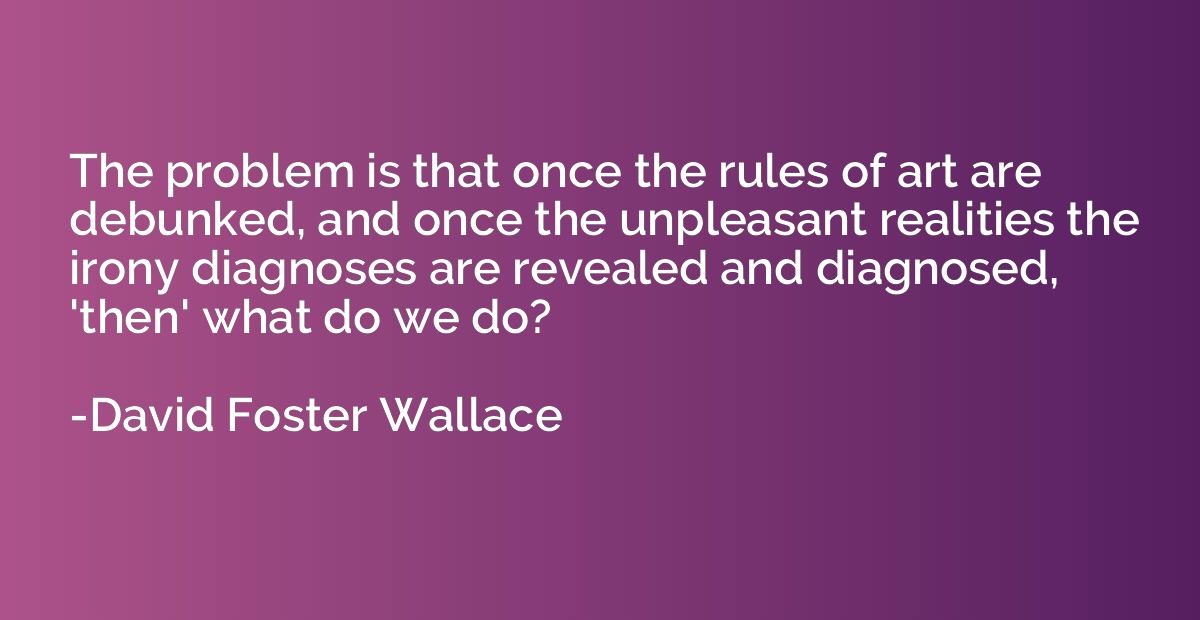Quote by Oscar Wilde, Intentions
...music is the perfect type of art. Music can never reveal its ultimate secret. This, also, is the explanation of the value of limitations in art. The sculptor gladly surrenders imitative colour, and the painter the actual dimensions of form, because by such renunciations they are able to avoid too definite a presentation of the Real, which would be mere imitation, and too definite a realisation of the Ideal, which would be too purely intellectual. It is through its very incompleteness that art becomes complete in beauty, and so addresses itself, not to the faculty of recognition nor to the faculty of reason, but to the aesthetic sense alone, which, while accepting both reason and recognition as stages of apprehension, subordinates them both to a pure synthetic impression of the work of art as a whole, and, taking whatever alien emotional elements the work may possess, uses their very complexity as a means by which a richer unity may be added to the ultimate impression itself.

Summary
This quote asserts that music is the ultimate form of art because it cannot fully reveal its essence. It further explains that limitations in art, such as the sculptor relinquishing color or the painter sacrificing dimensional form, allow for a more nuanced and beautiful representation of reality and the ideal. Thus, art's incomplete nature actually enhances its aesthetic appeal by appealing solely to the aesthetic sense, integrating reason and recognition into a cohesive and complex impression. Ultimately, the richness and complexity of art, including its emotional elements, contribute to a more profound and unified experience for the audience.




